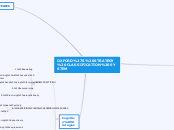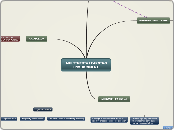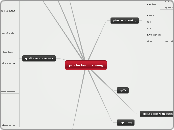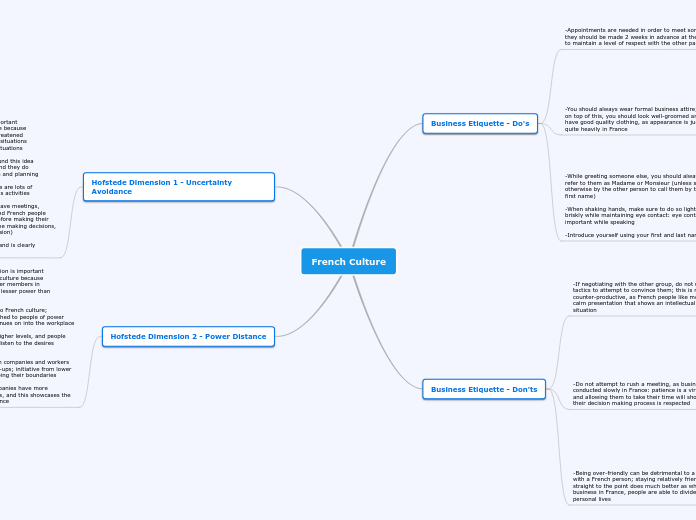jonka THANUSHA MUTHU 6 vuotta sitten
277
LLS TYPOLOGY
A comprehensive system for improving language learning strategies includes several key components. Metacognitive strategies emphasize arranging and planning one’s learning process, setting goals, identifying purposes, and seeking practice opportunities.









